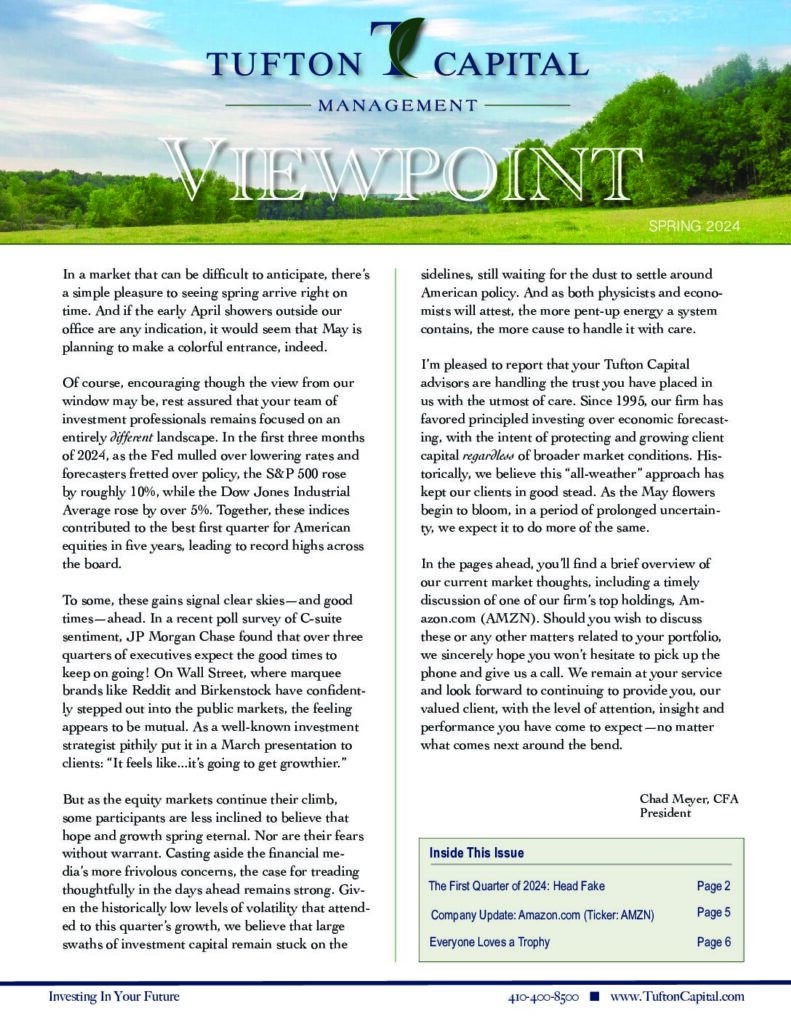Will I run out of money in my lifetime?
 For the first time in my life, I am being asked when I plan to retire. It seems like only yesterday, when as a ten or twelve year old, I would sit in church on Sunday mornings thinking I would never finish my education, let alone turn sixty-five, then considered a normal retirement age. Now I am sixty-seven and advising clients on retirement planning.
For the first time in my life, I am being asked when I plan to retire. It seems like only yesterday, when as a ten or twelve year old, I would sit in church on Sunday mornings thinking I would never finish my education, let alone turn sixty-five, then considered a normal retirement age. Now I am sixty-seven and advising clients on retirement planning.
Sooner or later, almost every retired client of our firm; a young sixty something or the very old; the moderately wealthy or the very rich; the big livers or thrifty old ladies, all ask the same question: “Will I run out of money in my lifetime?” I have come to the conclusion that no matter how wealthy you are, you will know you are old when you think you might run out of money. With proper planning and some common sense financial tools, anyone can avoid financial disaster in old age.
To avoid trouble later in life, start saving early, very early. Even young children should be given a piggy bank and offered a coin or two a week to put in the bank. Establishing a savings account in a commercial bank is another wise idea for children to develop a sense of thrift and to provide a depository for gifts from grandparents and relatives.
For adults, it is never too early to start saving for future life altering expenditures: college tuitions, the first house, or the unexpected rainy day emergencies. During one’s working career, savings should always be an important part of the financial equation. Contribute the maximum to deferred retirement plans or at least an amount sufficient to maximize employer matches. If children come along, parents should try and fund 529 education savings plans that could significantly ease the huge burden of college tuitions. These accounts, partially deductible for taxes, are similar to IRA accounts which defer recognition of income until withdrawn for educational purposes. The withdraws must be for education and may be tax advantaged at the time of withdraw.
What will you need to retire? Today people are living much longer, which is requiring more money for retirement. These larger financial burdens can be financed by working longer, saving more, or adjusting spending plans for one’s post retirement years. First, determine what assets you can look to for retirement income. These will include your lifetime savings, the monthly social security payments you may be qualified to receive, and possibly, most importantly, the savings that have been invested in your IRA and retirement accounts. Second, develop a budget for monthly expenditures. Conventional wisdom says investors can safely withdraw 4% of their retirement savings pools which should be matched up to budgeted expenses anticipated in retirement.
In managing retirement assets, it is a critical to maintain a dollar reserve to meet unexpected stock market declines. Very few financial setbacks have lasted longer than two years. With eighteen months of liquidity reserves, retirees can avoid forced liquidation of securities at depressed prices, which could impair retirement projections. Retirees should consult IRS publication 590 to develop sound withdrawal practices to provide for payment schedules consistent with life expectancy factors listed for their age and to comply with mandated withdraws required for retirees over the age of seventy and a half.
As one approaches retirement, it might be wise to meet with a financial planner, many of whom have sophisticated financial models that can be tailor-fit to your specific circumstances. Many firms, including ours, provide this service at a nominal costs which is often waived if you establish an investment relationship. If you want to explore your own customized financial plan, you can contact our marketing representative Peter Schweizer at 410-783-9633.
As life expectancies have increased significantly in recent years, one’s opportunities in retirement have also increased as well. With proper planning, one need not fear running short of funds, but rather, you need to add to what you want to do in retirement. Exercise, exploring new hobbies, and keeping your mind busy, all will add to your happiness; and very likely add to your life expectancy.
—as published in Homeland Magazine



